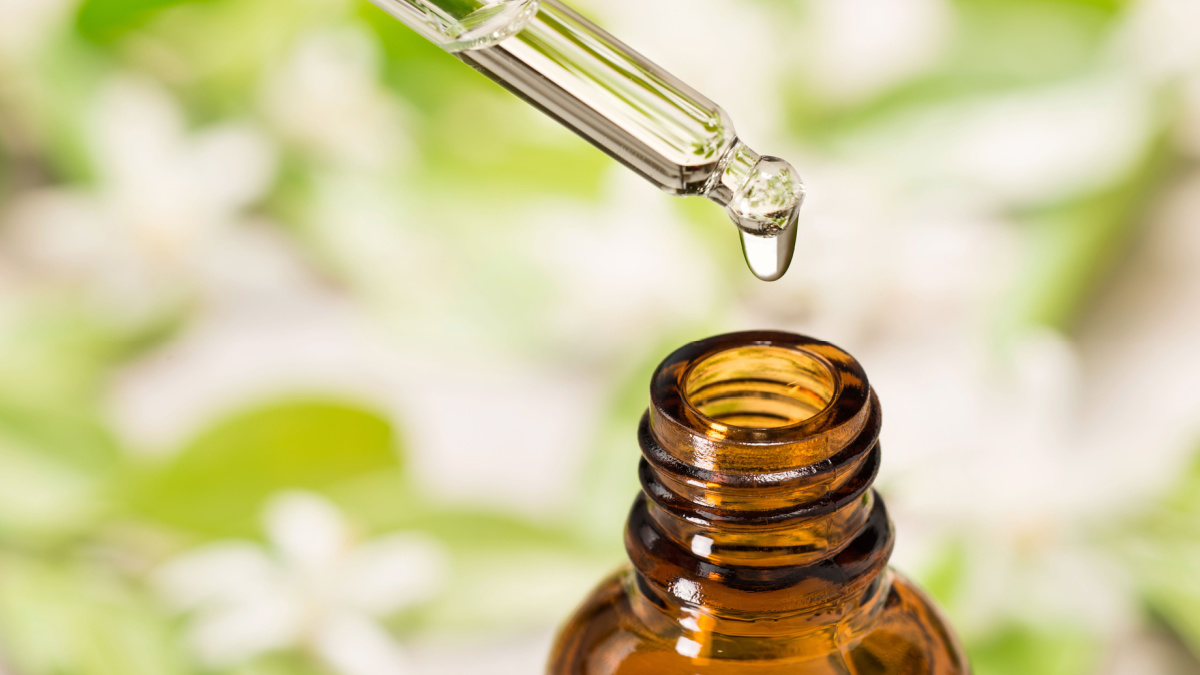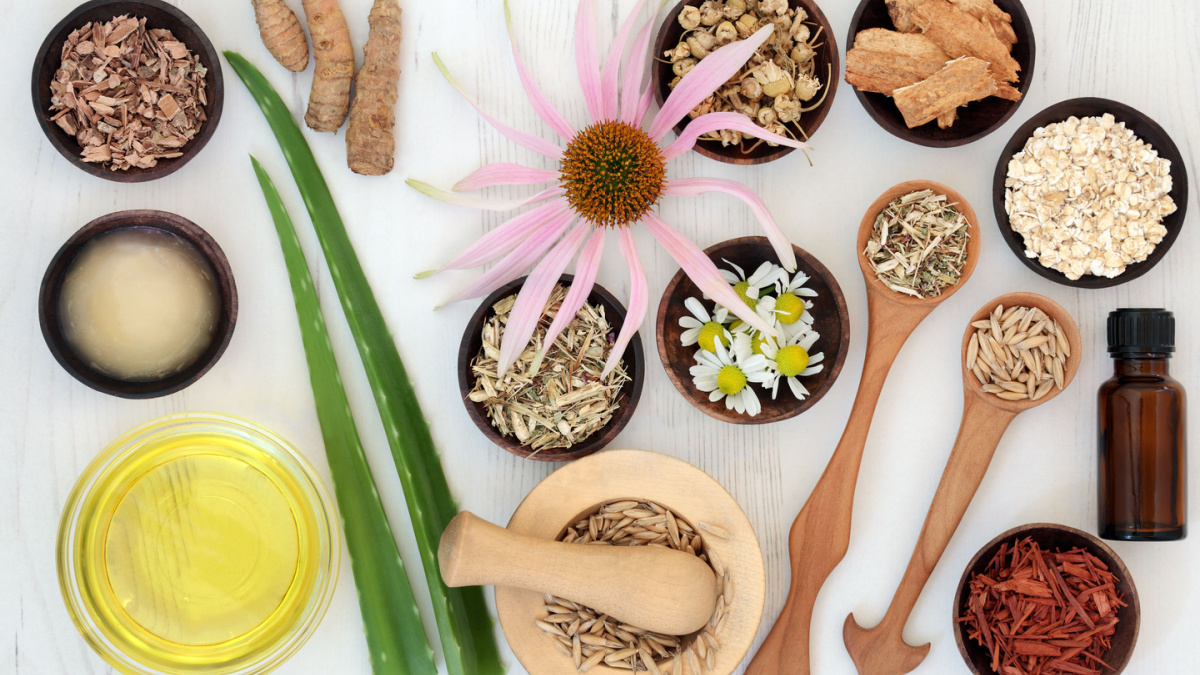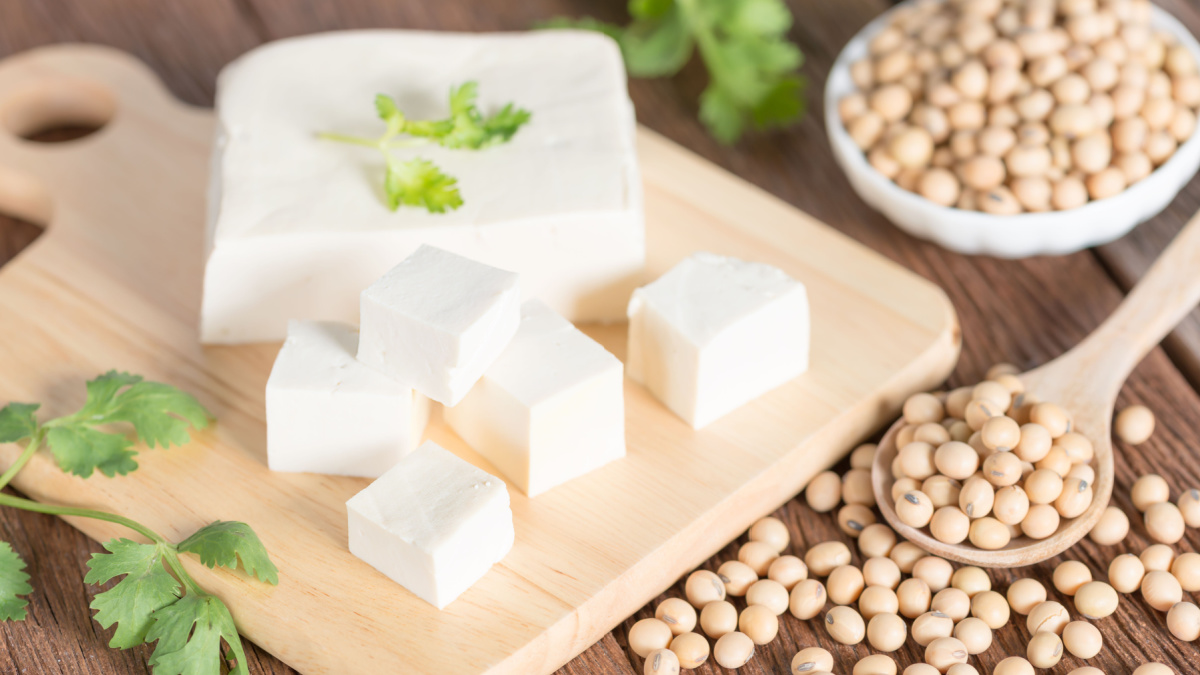Essential oils are highly concentrated plant extracts that are derived from various parts of plants such as leaves, flowers, roots, and bark. These oils contain the natural essence and aroma of the plant, and are used in a variety of ways for their therapeutic and medicinal benefits. Essential oils are commonly used in aromatherapy, massage therapy, and natural medicine to promote relaxation, alleviate stress, and treat various health conditions.
When it comes to using essential oils for itching, it is important to choose high-quality oils that are safe for topical use. Some essential oils can cause skin irritation or allergic reactions if not properly diluted or used in excess. It is also important to consult with a healthcare professional before using essential oils for any health condition, especially if you are pregnant, nursing, or have a medical condition.
Causes Of Itching And How Essential Oils Can Help
Essential oils have been used for centuries to help alleviate itching and other skin conditions. These oils are derived from natural sources and are known for their healing properties. They can be applied topically or inhaled, and they can help soothe the skin and reduce inflammation. Some of the most effective essential oils for itching include lavender, peppermint, tea tree, and chamomile.
Common Essential Oils Used For Itching Relief
Some of the most common essential oils used for itching relief include lavender, tea tree, and peppermint oil. Lavender oil is known for its soothing and calming properties, making it a great choice for relieving itching caused by skin irritation or inflammation. Tea tree oil has antiseptic and anti-inflammatory properties, making it effective for relieving itching caused by insect bites or rashes. Peppermint oil has a cooling effect and can help numb the skin, making it a good choice for relieving itching caused by sunburn or hives. It is important to note that while essential oils can be effective for itching relief, it is important to use them safely and in moderation.
How To Use Essential Oils Safely
When using essential oils to address itching on the skin, it’s important to approach their use with caution and prioritize safety. Here are three tips for using essential oils safely to address itching:
- Dilute the Essential Oil: Essential oils should always be diluted before applying them to the skin to avoid potential skin irritation or sensitization. To create a suitable dilution, mix a few drops of the essential oil with a carrier oil like coconut oil, almond oil, or jojoba oil. A safe dilution ratio for addressing itching is typically 1-2% essential oil to carrier oil. For example, you can add 3-6 drops of essential oil to every ounce (30 mL) of carrier oil.
- Perform a Patch Test: Before applying the diluted essential oil blend to a larger area, conduct a patch test to ensure you don’t have any adverse reactions. Apply a small amount of the diluted mixture to a small patch of skin, such as the inside of your forearm. Leave it on for 24 hours and observe for any signs of redness, irritation, or discomfort. If any negative reactions occur, avoid using that specific essential oil.
- Choose Suitable Essential Oils: Not all essential oils are suitable for addressing itching on the skin. Look for essential oils that have soothing and anti-inflammatory properties. Some options to consider include lavender oil, chamomile oil, peppermint oil (diluted), tea tree oil (diluted), and helichrysum oil. Each person may respond differently to essential oils, so it’s important to find the ones that work best for you. Research their properties, potential side effects, and consult with a healthcare professional or certified aromatherapist to ensure their safety and appropriateness for your specific condition.
Potential Side Effects Of Essential Oils
While essential oils are generally considered safe when used properly, they do have the potential to cause side effects. Some essential oils can cause skin irritation, especially if they are not diluted properly. Others can cause allergic reactions or respiratory problems if inhaled. Essential oils can also interact with medications, so it is important to talk to a healthcare provider before using them if you are taking any prescription drugs. It is important to use essential oils in moderation and to follow instructions carefully to avoid any potential side effects. If you experience any adverse reactions, stop using the oil and seek medical attention if necessary.
Precautions To Take When Using Essential Oils For Itching
- Patch Test: Before applying any essential oil to a larger area of skin, always perform a patch test. Dilute the essential oil in a carrier oil and apply a small amount to a small patch of skin, such as the inside of your forearm. Leave it on for 24 hours and observe for any adverse reactions like redness, irritation, or itching. If you experience any negative reactions, discontinue use of that particular essential oil.
- Proper Dilution: Essential oils should always be diluted before applying them to the skin. This helps prevent skin irritation or sensitization. Follow appropriate dilution guidelines, which generally recommend a 1-2% dilution for addressing itching. This means adding a few drops of essential oil to a carrier oil like coconut oil, almond oil, or jojoba oil. Avoid using undiluted essential oils directly on the skin.
- Selecting Safe Essential Oils: Not all essential oils are suitable for addressing itching, and some may even cause further irritation. It’s important to select essential oils known for their soothing and anti-inflammatory properties. Lavender oil, chamomile oil, peppermint oil (properly diluted), tea tree oil (properly diluted), and helichrysum oil are some examples. Research the properties and potential side effects of each essential oil before use. Additionally, consult with a healthcare professional or certified aromatherapist to ensure their safety and appropriateness for your specific condition.
Other Natural Remedies For Itching
In addition to essential oils, there are several other natural remedies for itching that can provide relief without the use of harsh chemicals or medications. One such remedy is oatmeal, which has anti-inflammatory properties that can soothe irritated skin. Oatmeal can be added to a bath or made into a paste and applied directly to the affected area.
Another natural remedy for itching is aloe vera, which has cooling and anti-inflammatory properties. Aloe vera gel can be applied directly to the skin to soothe itching and reduce inflammation. Other natural remedies for itching include witch hazel, calendula, and chamomile, which can all be applied topically to provide relief. It is important to note, however, that natural remedies may not be effective for all types of itching and it is always best to consult with a healthcare professional if symptoms persist or worsen.
The Effectiveness And Safety Of Essential Oils For Itching Relief
In conclusion, essential oils can be effective and safe for itching relief when used properly. It is important to dilute the oils before applying them to the skin and to perform a patch test to ensure that you are not allergic to the oil. It is also important to avoid using certain essential oils on children, pregnant women, and individuals with certain medical conditions. If you have any concerns or questions, it is always best to consult with a healthcare professional before using essential oils for itching relief. Overall, essential oils can be a natural and effective alternative to traditional itch relief methods, but it is important to use them with caution and care.




